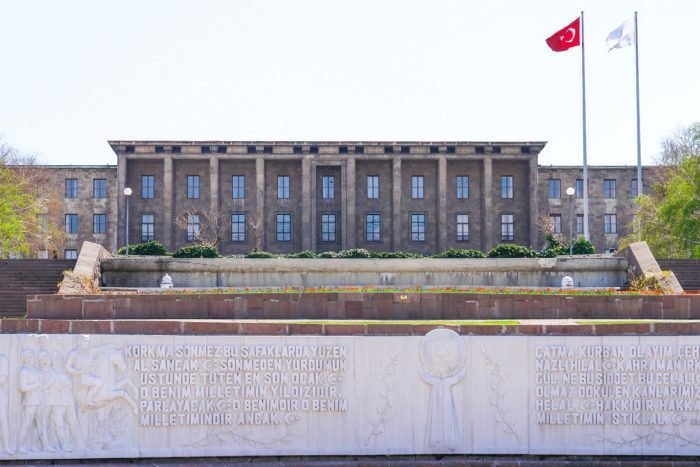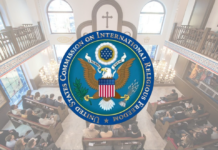A law passed by the Turkish parliament last week grants extraordinary powers to the State Inspection Council (DDK), a government oversight body, to remove public officials as well as officers in the Turkish Armed Forces (TSK) from service based on its audits, Turkish Minute reported.
The law, pushed by President Recep Tayyip Erdoğan’s ruling Justice and Development Party (AKP), was approved by parliament last Thursday after it was backed by lawmakers from the far-right Nationalist Movement Party (MHP) and the Grand Unity Party (BBP), both allies of the AKP.
According to the new law, the DDK, whose main function is to audit governance in terms of compliance with regulations and efficiency, now has the authority to suspend or remove a public official from their job.
DDK inspectors can recommend the removal of officials at all levels if they believe that certain individuals might interfere with audits, conclude that keeping these people in their positions could harm the public or lead to the concealment of evidence of a crime, or if their continued presence is deemed “unacceptable” for public service.
The DDK was established under Turkey’s 1982 Constitution, which was created following the military coup of 1980. In January 2017 a constitutional amendment put the DDK directly under the authority of the presidency.
Prior to this amendment, the DDK did not have the authority to inspect the TSK or judicial bodies. However, with the 2017 amendment, the TSK was added to the list of public institutions, along with professional organizations, employee and employer associations and non-profit chambers that can be inspected by the DDK.
Since the council conducts inspections based on requests from the president, it is feared that Erdoğan could use the DDK’s powers to purge his opponents from public bodies. The DDK’s chairperson and eight members are appointed by the president.
The law’s passage has attracted the ire of the main opposition Republican People’s Party (CHP), which has vowed to challenge the new law at the Constitutional Court.
Gökhan Günaydın, the party’s deputy group chairman, said on X that the law grants the president powers through the DDK that resemble those of a “sultan.”
He said that “with open-ended and arbitrary discretionary power, no one will feel secure in their position anymore” and that not only appointed officials but also elected public officials will be affected.
“There will be no need for investigations, prosecutions or judicial rulings,” he warned.
Günaydın also said this was the third attempt by the AKP to enact such a law, following two previous attempts that were thwarted by the CHP.
The extraordinary powers granted to the DDK have led to claims that they are similar to the powers enjoyed by the government during a state of emergency declared in the aftermath of a failed coup in July 2016.
The Turkish government carried out a massive purge of state institutions under the pretext of an anti-coup fight during the state of emergency, which remained in place for two years. More than 130,000 public servants were summarily removed from their jobs for alleged membership in or relationships with “terrorist organizations” by virtue of emergency decree-laws, subject to neither judicial nor parliamentary scrutiny. Others were also arbitrarily targeted.















